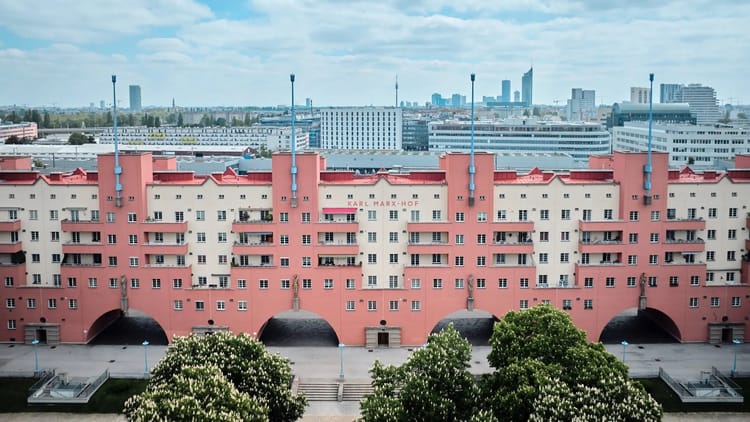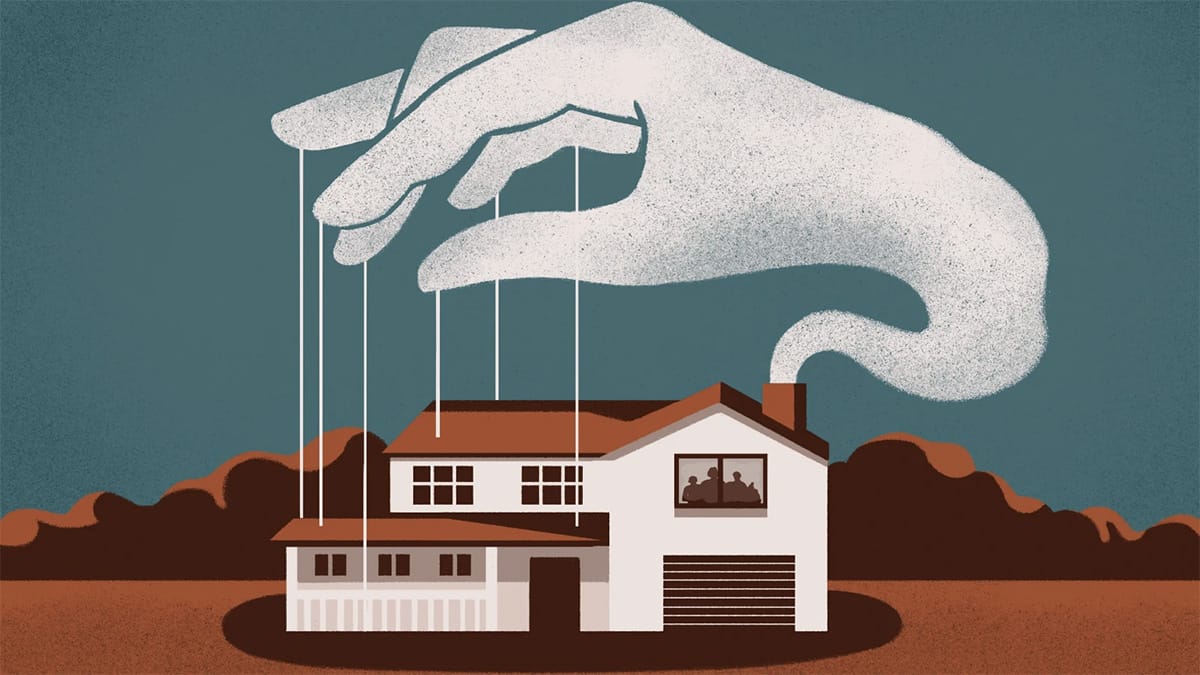Inviting criminality
When you create a system that makes it costly to do things ‘by the book’ – common examples are drugs, guns and more recently, building houses – you alter the incentives that individuals face in their day-to-day lives. In the case of housing, strict planning and zoning laws create positive transaction costs, raise the price of houses, and increase the payoffs for criminality.
The form of that criminality varies; it could be direct bribes, or using personal connections to bypass processes or win approvals. Some of it might even be on the margins of criminality, for example through political donations to ‘buy’ the influence you need to have a certain area rezoned.
In the case of New South Wales, it’s all of the above:
“Long-time Canada Bay mayor Angelo Tsirekas has been dumped from office after the state’s corruption watchdog found he engaged in serious corrupt conduct when he helped developers in exchange for thousands of dollars worth of perks, including overseas flights and luxury hotel stays.
The Independent Commission Against Corruption on Thursday recommended prosecutors consider criminal charges against Tsirekas after Operation Tolosa investigated claims he accepted rewards from developers in return for advancing their large apartment projects in Sydney’s inner west.”
Criminality such as the example above isn’t necessarily as bad as, say, stealing or arson; at least the apartments got built, right? But that’s only the short-run effect – over a longer period of time, if developers get away with paying bribes to circumvent regulations it will incentivise more Mayors to become corrupt, and open the door for more developers to engage in bribery. Houses will get built but they won’t get much cheaper because of the cash needed to pay off officials. It also means only the largest projects will get up, as bribes make up a smaller share of total costs – the ‘missing middle’ will stay missing.

Governments can respond to the kind of criminality we see all too often between local government officials and property developers in a few ways. One, they can increase punishment and enforcement. For example, raising fines, increasing jail terms and expanding bodies such as the Independent Commission Against Corruption to investigate crimes.
Two, they could pay local government staff more – perhaps if these corrupt Mayors had more to lose, it would attract a higher calibre of individual and they wouldn’t be bribed so easily.
Third, and in my opinion the best, would be to fix the incentives to engage in the behaviour in the first place. Reduce the power of Mayors to influence planning and zoning decisions by simplifying the planning and zoning regulations themselves: it really shouldn’t take 140-days, on average, for a development application to be approved! Whatever rules remain should be enforced by any one of several lower-ranking officials, effectively increasing competition amongst bureaucrats and lowering the value of bribes to close to zero.
A society’s institutions – the ‘rules of the game’ – should be structured to channel people’s self-interest and greed for the common good, rather than personal gain at the expense of others. In the case of housing, the solution is relatively straightforward: let them build!






Member discussion